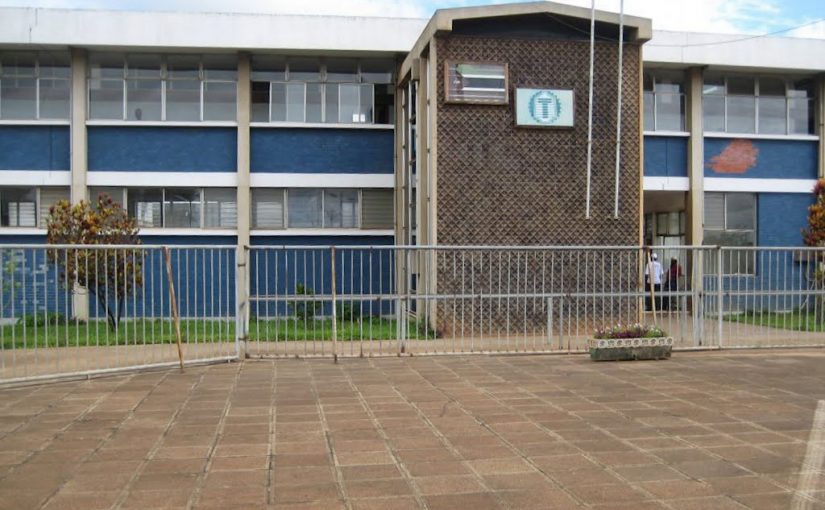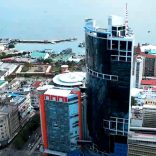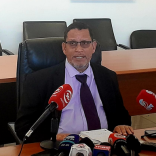Mozambique: Foreign exchange sales by banks grow more than 50% in Q2
Prime minister wants paralysed textile factory to reopen – AIM report

File photo
The Mozambican government is studying the possibility of reopening the derelict Textafrica textile factory, in Chimoio, capital of the central province of Manica, Prime Minister Carlos Agostinho do Rosario declared on Thursday.
Textafica was a Portuguese investment, and at its height it employed 3,300 workers. But it went bankrupt in 2000. All attempts at the time to rescue it at the time failed, and it closed definitively in early 2002.
In 1996, the Portuguese Multiplier Group took a majority holding in Textafrica, with 60 per cent of the shares. The Mozambican state held 30 per cent, and the remaining 30 per cent was owned by the country’s largest bank, the BCM (privatised in 1996, and now known as the Millennium-BIM).
There was fresh investment, and in 1997 Textafrica even won a prize as the country’s largest exporter.
But it soon became clear that Textafrica could not compete on the international market, and the domestic market could not absorb all its production (particularly given the unhindered invasion of the Mozambican market by cheap Asian textiles, and the dumping of huge amounts of second hand clothing from Europe and America).
With the factory running at an average monthly loss of 150,000 US dollars, Textafrica asked the government to protect the textile industry, to no apparent effect.
The factory ground to a halt in November 2000. But there was no formal declaration of bankruptcy, and so the workers remained legally employees of Textafrica, and wage arrears built up.
Only in February 2002 did Manuel Magalhaes, representative of the majority shareholder, tell the workers to stay at home and “wait for new instructions”. He admitted that the company no longer had the money to buy raw materials.
For 16 years, Textafrica has lain silent, with its buildings gradually deteriorating.
Rosario, who is on a working visit to Manica, toured Textafrica with representatives of the bankrupt company and told reporters that the government wants to see what was once the largest textile factory in the country resume production, providing jobs for Mozambicans.
He said that meetings will be held between the government and the current representatives of the company in order to design strategies which could lead to the reopening of Textafrica. “I came to the factory to see how the infrastructures are and understand the problems that exist”, he said. “I want to understand in depth what is going on and see how we, as a government, can intervene to solve these problems”.
He found it sad to see a factory that was once a reference point lying dormant.
The next steps, he declared, would be to sit down with the the Textafrica shareholders and managers to gather ideas about what the government should do. “I had a brief discussion with representatives of the company”, he said. “We have more meetings scheduled shortly because we want to solve the problems and see the factory working”.
Company representative Paulo Sandramo expressed “total openness” to working with the government.
“For us, it’s a good signal”, he said. “We hope that all goes well and we really find a way out. In truth, we are in a very difficult situation. We know that the company is deeply in debt. We’re talking about more than a million dollars”.
But it is likely that reviving Textafrica will cost much more than a million dollars. Sandramo pointed out that the building needs complete repair and new electrical and cooling systems. Furthermore, new machinery must be acquired.
An additional problem is that Textafrica applied to its minority shareholder, Millennium-BIM, for a loan of 1.1 million dollars to pay off the wage arrears and redundancy payments to the work force.
As collateral, Textafrica offered company houses in Chimoio where many of the former workers and their families still live. According to the Maputo daily “Noticias”, a few days ago the bank threatened to evict the former workers and sell off the houses and other Textafrica assets in order to recover its money.
It was following this threat that Rosario visited Textafrica and promised government intervention.












Leave a Reply
Be the First to Comment!
You must be logged in to post a comment.
You must be logged in to post a comment.